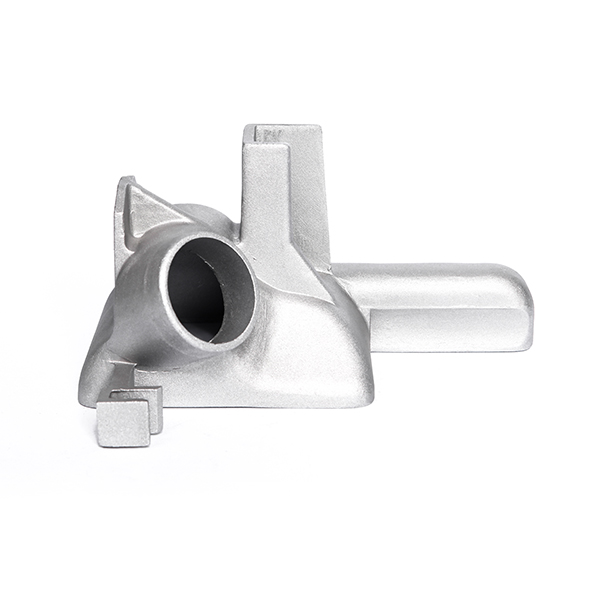Mobile:+86-311-808-126-83
Email:info@ydcastings.com
German
quality aluminum casting
The Importance of Quality Aluminum Casting
Aluminum casting has become an essential manufacturing process in various industries, thanks to its versatility and effectiveness in producing intricate shapes and components. With the increasing demand for lightweight yet durable materials, quality aluminum casting has emerged as a focal point for manufacturers aiming to ensure optimal performance and longevity in their products.
The Importance of Quality Aluminum Casting
The casting process itself plays a vital role in determining the quality of the final product. Techniques such as sand casting, die casting, and investment casting each have their own advantages and limitations. Die casting, for example, is known for producing parts with excellent dimensional accuracy and surface finish, making it ideal for high-volume production. On the other hand, sand casting allows for greater flexibility in design and is often used for larger components. Achieving a high-quality casting requires not only the right technique but also skilled artisans and advanced machinery that can meet stringent tolerances.
quality aluminum casting

Quality control protocols are another critical component in the aluminum casting process. Manufacturers must implement rigorous testing and inspection methods to identify any defects or inconsistencies in the castings. Techniques such as X-ray inspection, ultrasonic testing, and visual inspections help ensure that the produced aluminum parts meet industry standards and specifications. This attention to quality is essential, as even minor flaws can lead to significant failures in high-stakes applications.
Moreover, the environmental impact of the casting process should not be overlooked. Utilizing recycling methods for aluminum can enhance sustainability and reduce the ecological footprint of manufacturing. Many manufacturers are now exploring ways to minimize waste and energy consumption while still producing high-quality castings.
In conclusion, quality in aluminum casting is not simply about the final product; it encompasses everything from material selection and casting techniques to rigorous quality control and environmental considerations. By focusing on these areas, manufacturers can ensure that their aluminum castings meet the demands of modern industry while promoting sustainability and innovation. This commitment to quality casting practices is what will drive the future of aluminum in manufacturing and contribute to the development of safer, more efficient industrial solutions.











